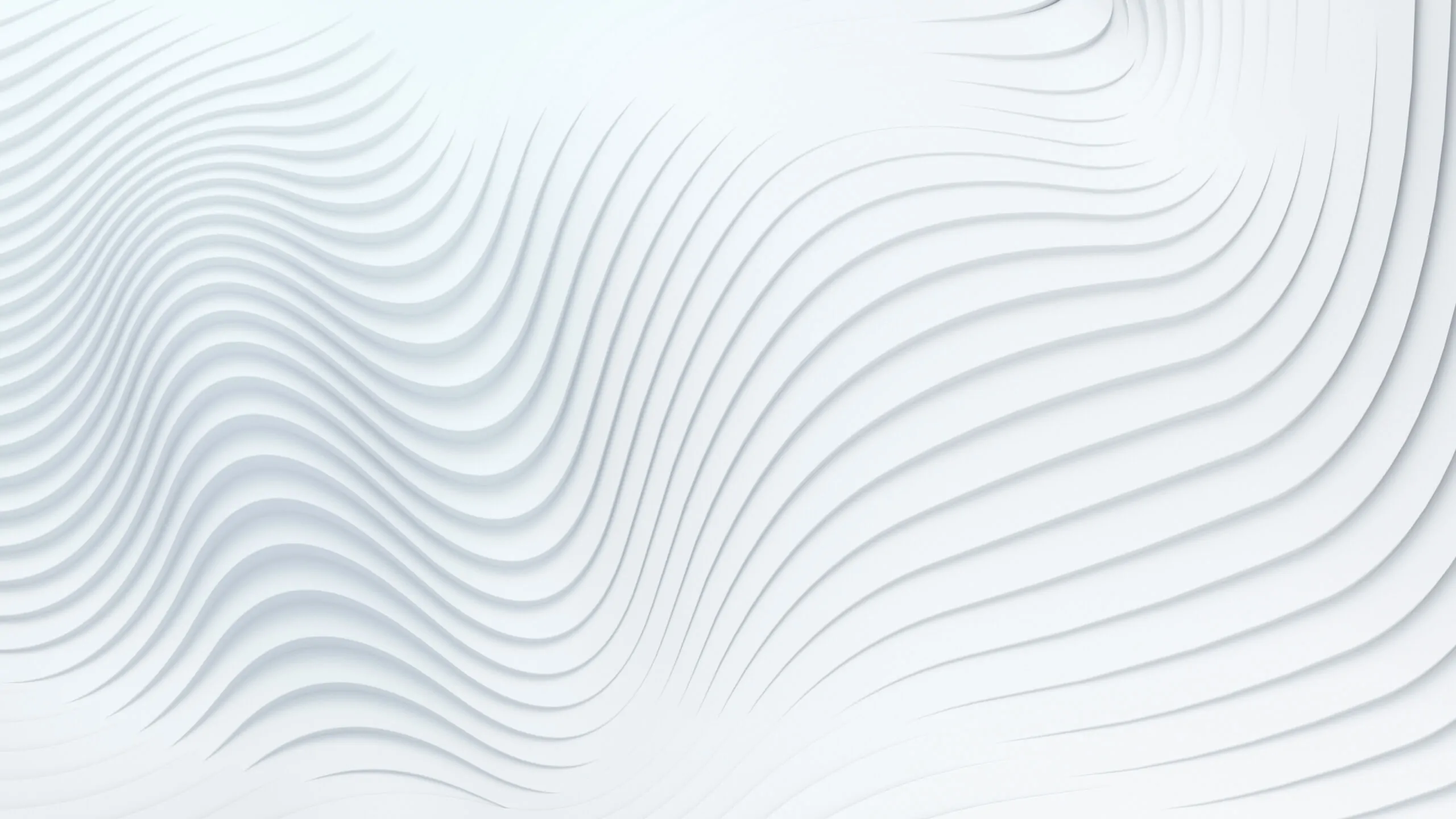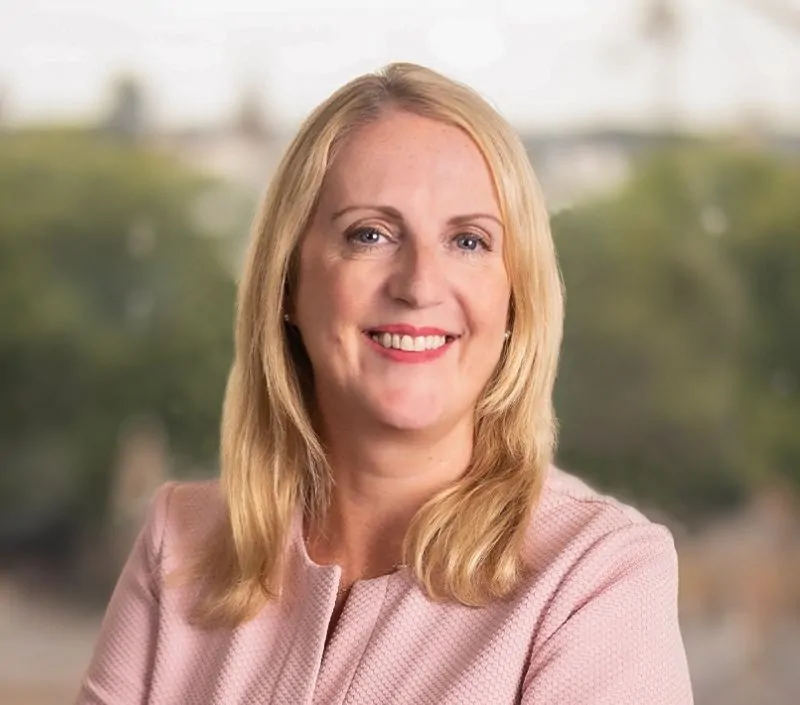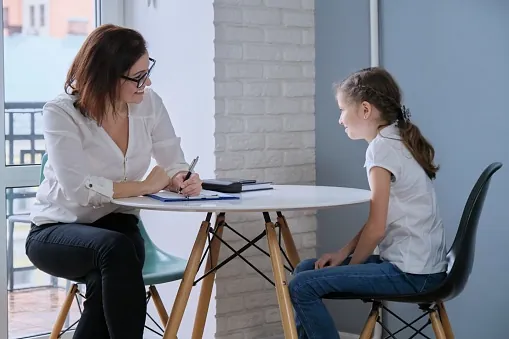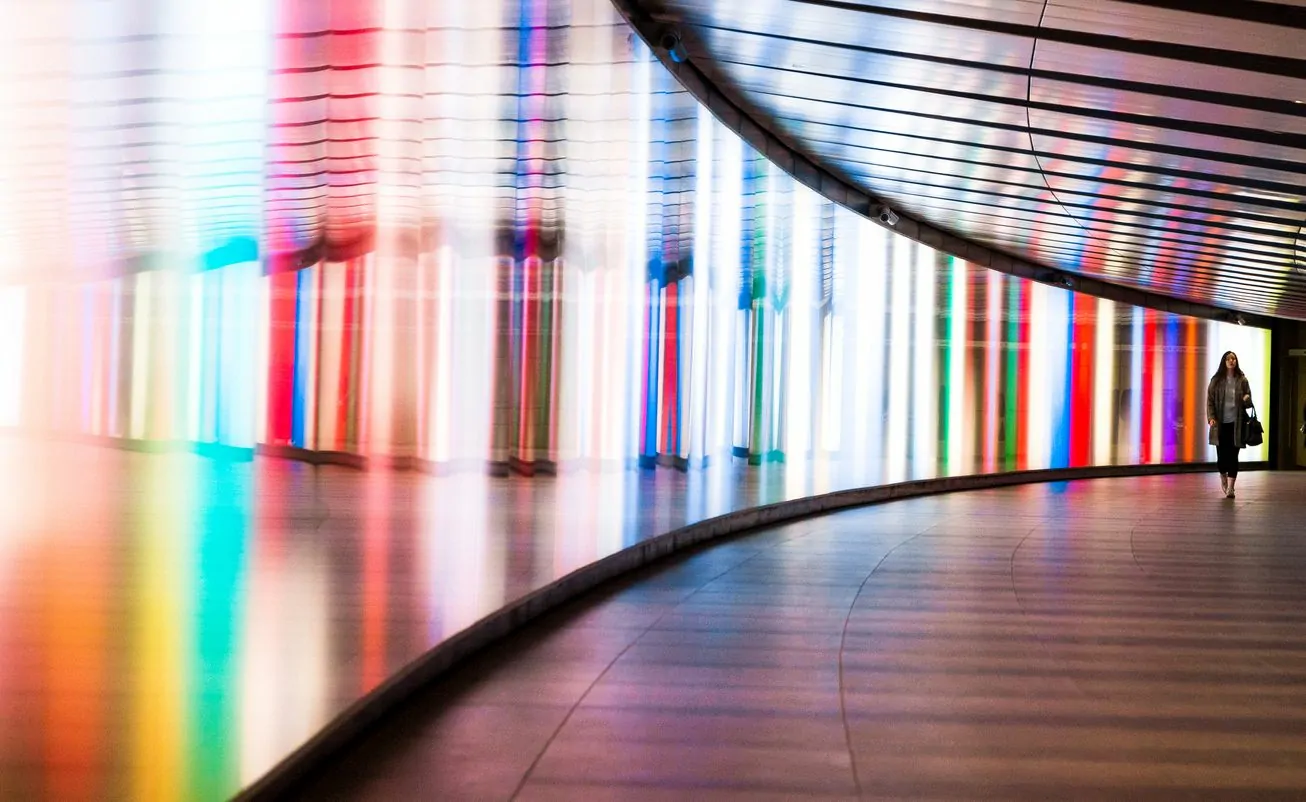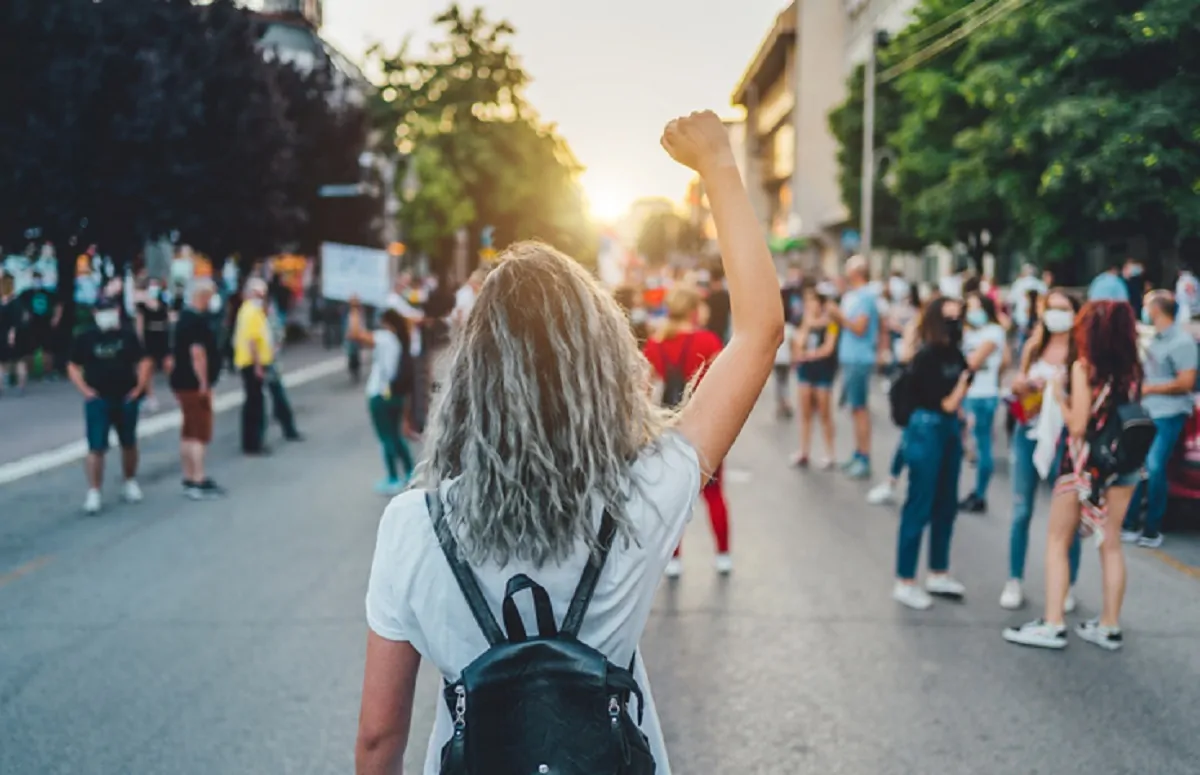The Michaela Free School’s successful defence of a claim from a student challenging the school’s ban on prayer rituals has been widely reported on this week. In our latest piece, Alex Temple from our Education team takes a look at the ruling and what this potentially means for religious freedom in educational settings.
Background to the case
The school in question is well known for its strict behavior policies and regimented school day, with its headteacher boasting it is the “strictest school in Britain”. The school has not historically banned prayer rituals, but says that before March 2023 no students took up the option of doing prayers in school hours. There was some dispute over this but, in any event, what was true is that the school had explicitly refused to have a prayer room on school grounds, despite half the student body being Muslim.
In early 2023, Muslim students began undertaking ritual prayers during their lunch break in the school’s yard, using blazers as prayer mats given the school’s ban on carrying personal property. Around March, some students began bringing in pocket prayer mats and some were confiscated, whilst the use of blazers for prayers was tolerated.
This led to very public accusations of Islamophobia against the school from members of the public who could see what was happening through the school fence. The school received a bomb hoax and death threats, and became concerned that the prayers were leading to division in the school community with Muslim students who did not observe prayers allegedly feeling pressured into doing so.
After this, the ban on prayer rituals was brought in. Whilst it technically applied to all faiths, it was likely to only impact Muslim students as it was their prayers that required observance of the now prohibited rituals, the use of mats, and completion at a certain time of the day.
Legal claim and ruling
The Claimant brought a judicial review, relying on her rights under Article 9 of the European Convention on Human Rights, which protects a person’s freedom of religion.
The claim was dismissed with the Court finding that the Claimant could, if they chose, go to a different school and that this choice meant their freedom of religion was not interfered with. The Court said “the Claimant at the very least impliedly accepted, when she enrolled at the School, that she would be subject to restrictions on her ability to manifest her religion.”
This is despite the fact that this policy was not in place until after the Claimant joined the school. In fact, the school accepted that such prayer rituals were not banned until after March 2023 and they were allowed for some time before the ban. The issue that led to the ban was not the prayers, but the confiscation of prayer mats.
Second, the Court said that the Claimant had failed to show that there would be “undue hardship” if she moved to another school. Again, this is a surprising conclusion because she is studying towards her GCSEs and this is a notoriously difficult time to move between schools. This is because each maintains its own set of exam courses and curriculums that is not easily replicated. Further, Michaela is clearly a unique school. Indeed, it sells itself on its approach to discipline. Its practices are not replicated elsewhere and, even as the Court acknowledged, it has some of the country’s best academic results.
This means that families who want to attend this unique school and pursue high academic achievement must sacrifice their ability to pray in school hours. In Islam, prayer is one of the Five Pillars and so those who feel unable to sacrifice it are excluded from a high achieving school whose regime is not alternatively available. To mitigate against this concern, the Court said that even if there was an interference with the Claimant’s religious rights because she is not allowed to perform the relevant prayer ritual, known as Duhr, during her break, she can then perform Qadar, which is a way of atoning for prayers missed during the day. There was dispute on whether this is how Qadar functions in Islam and this would likely be a controversial finding for some people.
Finally, the Court considered whether the school should have facilitated prayers indoors as the backlash had arisen from prayers having to be performed outside in wet and dirty conditions where the public saw them. The Court rejected the notion that the school should be required to do this, explaining its support of the headteacher’s view that it may lead to social discord between students, and pressure being applied to Muslim students who do not pray, by those who do. The effect of these findings taken together is that a school can impose a total ban on people engaging in prayer rituals during the school day without unlawfully breaching their freedom of religion.
Conclusions
Many will be disappointed in this judgment. Supporters of human rights often argue that they exist to prevent institutions from being able to elect not to respect certain rights. Families might otherwise have to go shopping for a rights respecting school, creating a two-tier system. The concern is the judgment could lead to such a system by applying a line of authority finding that as long as there are nearby alternative schools who will allow the Claimant to observe religious rites, there is no need for the Defendant school to do the same.
The impact of this judgment could be far reaching. When looking for a school, families should review its policies very carefully and make enquiries as to whether their child’s religious observance will be allowed in advance. This includes religious rites, religious clothing and hair. Families may need to make difficult decisions about attending their preferred school, and sacrificing some adherence to religious observance.
For more information about the Education Law services we offer, visit our page here.
